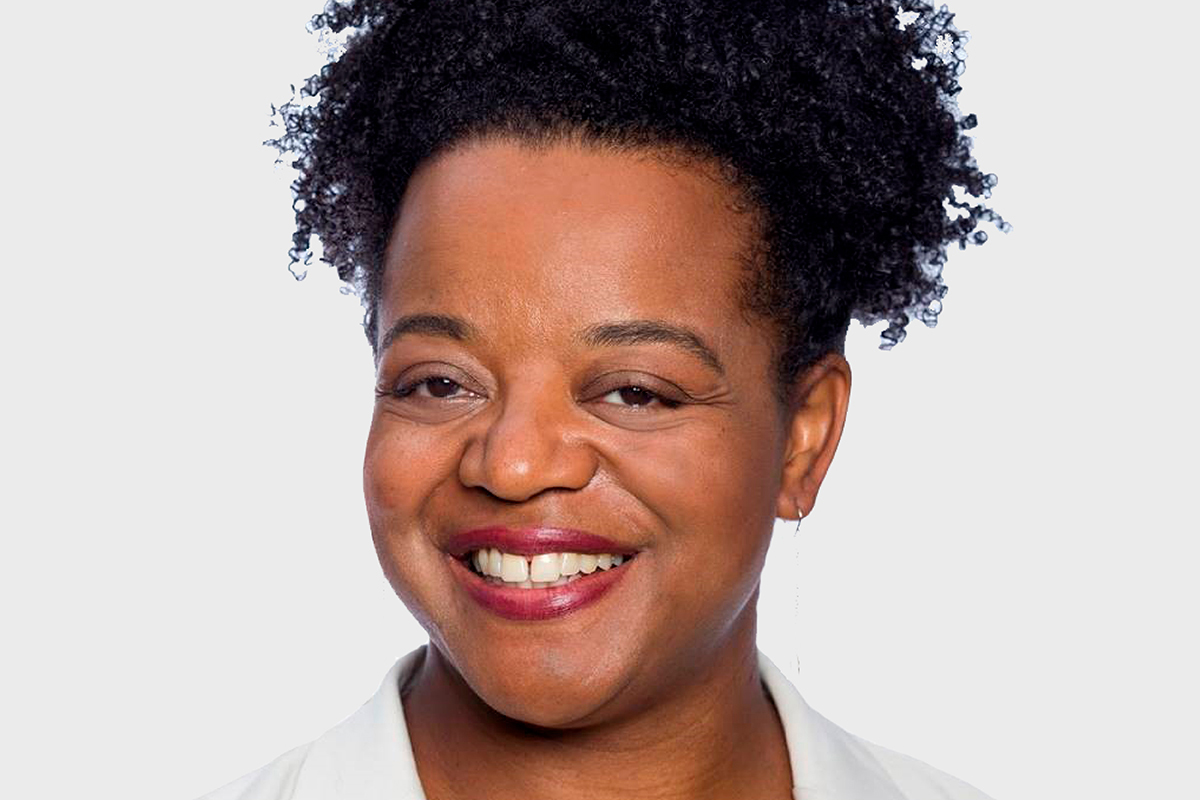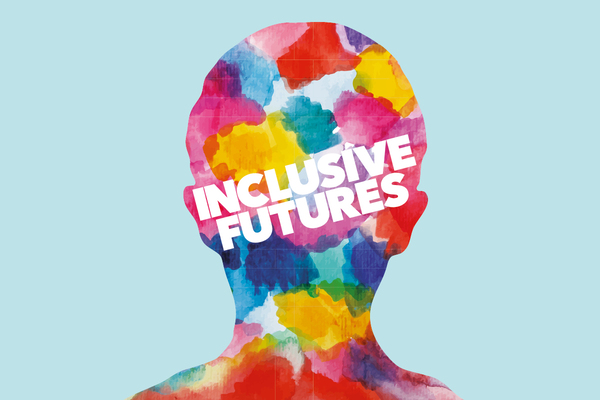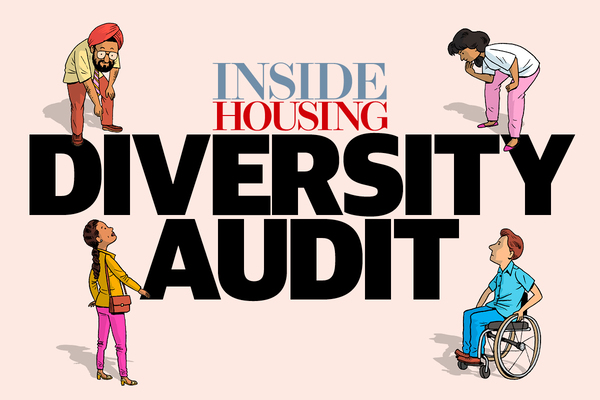You are viewing 1 of your 1 free articles
Housing associations’ programme helps 3,000 BME people into work
An employment project run by 13 London housing associations has helped 4,000 people into work, including 3,000 from black and minority ethnic (BME) backgrounds.
Love London Working is a voluntary employment programme aimed at supporting out-of-work Londoners into jobs.
It was launched in January 2016, led by Clarion Housing Group’s charitable foundation, Clarion Futures, and managed by the Greater London Authority.
People who register for the £13m programme are paired with employment advisors paid by one of the member housing associations, and helped to search for jobs, draft a CV and practice interview techniques, or are given formal training.
Advisors continue to support people for up to six months after they start a new job through the programme.
More than half (56%) of the people helped into work through Love London Working are women and 22% were previously unemployed for longer than 12 months.
The project is co-funded by the 13 housing associations and the European Social Fund.
Rajesh Agrawal, deputy London mayor for business, said: “I am pleased to see Love London Working succeed in supporting so many Londoners into employment and that such a high proportion of those who have benefitted are from black and minority ethnic backgrounds.
“This is a great example of the mayor and the social housing sector working together to deliver positive change in our communities.”
Phil Miles, director of Clarion Futures, said: “It is a privilege for Clarion Futures to lead the delivery of Love London Working and we are particularly pleased to have supported Londoners from so many different backgrounds into employment.
“It is a powerful demonstration of what housing associations can achieve through the strong ties we have with our communities.”
Clarion Futures intends to invest £150m in social investment projects over the next 10 years, such as apprenticeship schemes, affordable loans and free money advice.
The 13 housing associations participating in Love London Working are:
- A2Dominion
- Catalyst Housing
- Charlton Triangle
- Clarion
- Hexagon Housing
- Hyde Housing
- L&Q
- Optivo
- Orbit
- Peabody
- Poplar Harca
- Southern
- Wandle
Inclusive Futures
Inside Housing’s Inclusive Futures campaign aims to promote and celebrate diversity and inclusion.
We are pledging to publish diversity audits of our own coverage.
We are also committed to proactively promoting positive role models.
We will do this through the pages of Inside Housing. But we will also seek to support other publications and events organisations to be more inclusive.
Our Inclusive Futures Bureau will provide a database of speakers and commentators from all backgrounds, for use by all media organisations.
We are also challenging readers to take five clear steps to promote diversity, informed by the Chartered Institute of Housing’s diversity commission and the Leadership 2025 project.
INSIDE HOUSING’S PLEDGES
We will take proactive steps to promote positive role models from under-represented groups and provide information to support change.
We pledge to:
Publish diversity audits: We will audit the diversity of the commentators we feature. We will formalise this process and publish the results for future audits twice a year.
Promote role models: We will work to highlight leading lights from specific under-represented groups, starting in early 2018 with our new BME Leaders List.
Launch Inclusive Futures Bureau: We will work with the sector to compile a database of speakers, commentators and experts from under-represented groups. The bureau will be available to events organisers, media outlets and publications to support them to better represent the talent in the sector.
Take forward the Women in Housing Awards: Inside Housing has taken on these successful awards and will work to grow and develop them.
Convene Inclusive Futures Summit: Our new high-level event will support organisations to develop and implement strategies to become more diverse and inclusive.
THE CASE FOR CHANGE
34%
of housing association chief executives are female
1%
of housing association executives have a disability
1.6%
of housing association board members are LGBT
Women make up 46% of the UK workforce, but Inside Housing research found that they are under-represented on housing association boards (36%), executive teams (39%) and among chief executives (34%).
Almost a fifth of working-age adults have a disability (18%), yet associations reported only 1% of executives and 4.5% of board members with a disability. Many were unable to provide details.
Nationwide, 14% of the working-age population come from a BME background, climbing to 40% in London and Birmingham. Yet our research found that 6.8% of board members identified as BME, compared with 4.5% of executives.
Statistics on representation of LGBT people in the workforce are in short supply, but official statistics suggest that 2% of the total UK population identify as lesbian, gay or bisexual, rising to 4.1% for 16 to 24-year-olds. Our survey found that 1.6% of board members and 10 executives were LGBT – but most organisations were unable to provide figures.
THE INCLUSIVE FUTURES CHALLENGE
Inside Housing calls on organisations to sign up to an inclusive future by taking five steps:
Prioritise diversity and inclusion at the top: commitment and persistence from chief executives, directors and chairs in setting goals and monitoring progress.
Collect data on the diversity of your board, leadership and total workforce and publish annually with your annual report. Consider gender, ethnicity, disability, sexuality, age, and representation of tenants on the board.
Set aspirational targets for recruitment to the executive team, board and committees from under-represented groups.
Challenge recruiting staff and agencies to ensure that all shortlists include candidates from under-represented groups.
Make diversity and inclusion a core theme in your talent management strategy to ensure you support people from under-represented groups to progress their careers.
The Inside Housing Diversity Audit: how diverse has our coverage been?
The media plays a key role in championing diverse role models, so we designed a project to measure Inside Housing’s track record.













